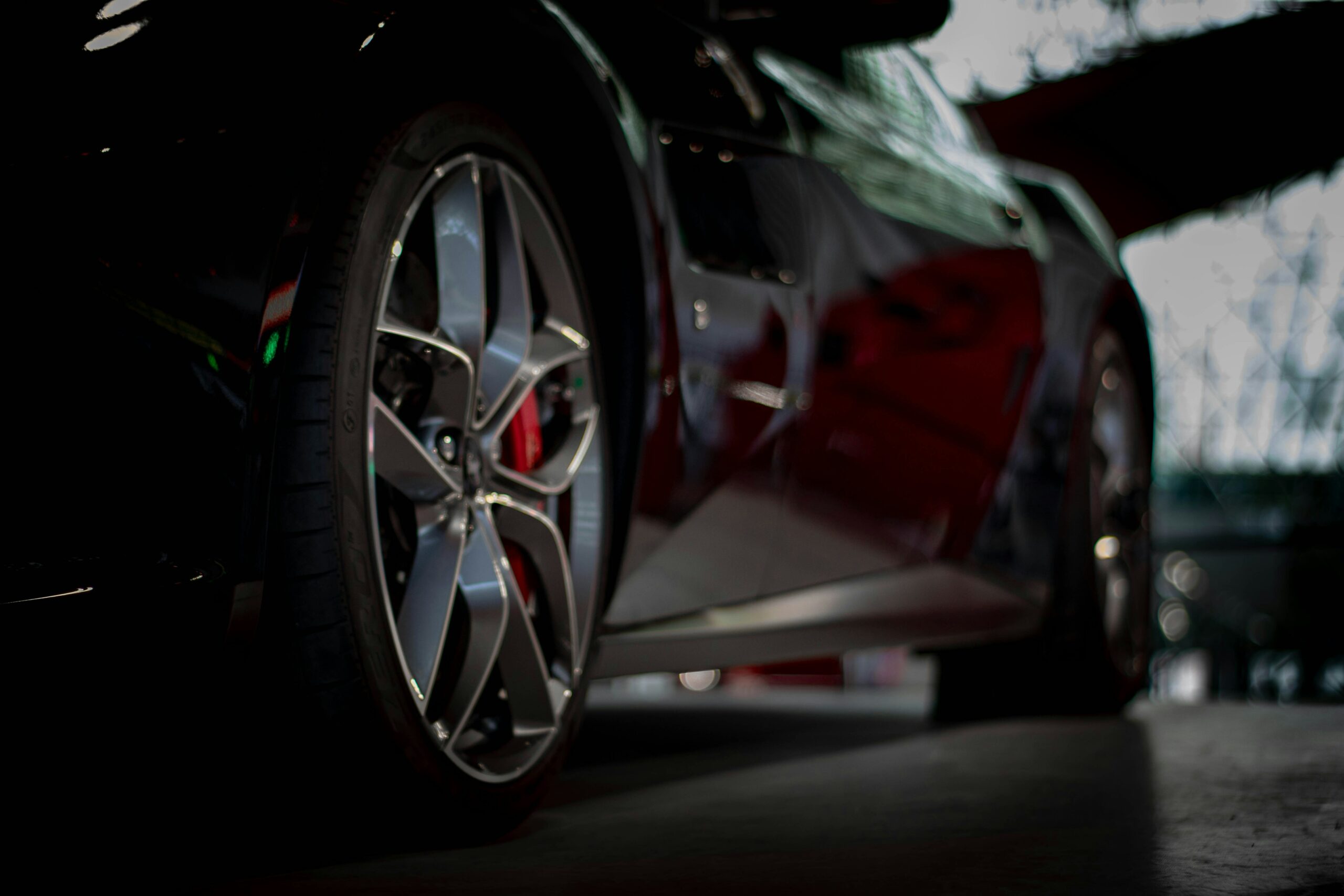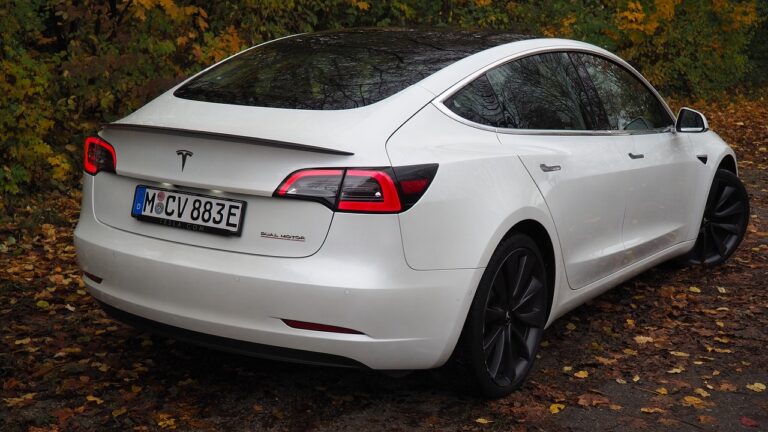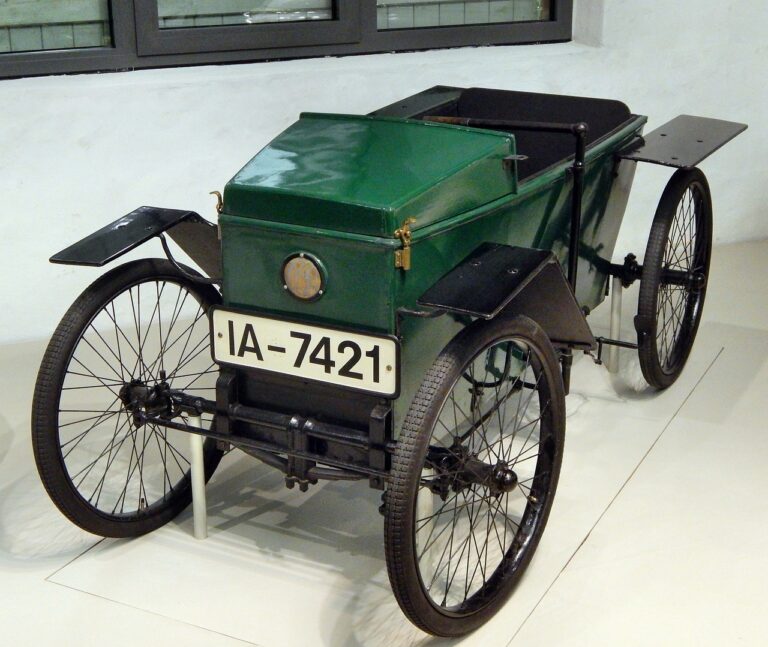The Psychology of Car Ownership Attachment Among Vintage Car Collectors
Vintage car collecting is often driven by a deep sense of nostalgia that enthusiasts experience when they encounter classic automobiles. The psychological aspect of this hobby can be traced back to individuals seeking to relive past memories or create new ones that evoke a sense of sentimentality and connection.
Moreover, the allure of vintage cars can also be attributed to the psychological satisfaction that comes from owning a piece of history. For many collectors, acquiring and preserving these classic vehicles serves as a way to establish a sense of identity and fulfillment, providing a sense of achievement and pride in their possessions.
• Vintage car collecting is often driven by a deep sense of nostalgia
• Enthusiasts seek to relive past memories or create new ones
• Owning classic cars evokes sentimentality and connection
• Acquiring and preserving vintage cars provides a sense of identity
• Collectors feel psychological satisfaction from owning a piece of history
Emotional Connection to Vintage Cars
Vintage car enthusiasts often develop a deep emotional connection to their vehicles that goes beyond mere appreciation for their design or historical significance. This attachment can stem from memories associated with the car, such as driving it during significant life events or bonding with loved ones over road trips. The unique aesthetic and personality of vintage cars can evoke feelings of nostalgia and admiration, drawing collectors to invest time, effort, and resources into preserving these timeless vehicles.
The emotional connection to vintage cars can also be linked to a sense of identity and self-expression. Owning and caring for a vintage car can serve as a way for individuals to showcase their personal tastes, interests, and values. The process of restoring and maintaining a vintage car allows enthusiasts to express their creativity, skills, and dedication, creating a strong bond between the owner and the vehicle.
Impact of Childhood Experiences on Car Ownership Attachment
Ownership attachment to cars can often be traced back to childhood experiences that shape our emotional connection to vehicles. Memories of riding in a family car, going on road trips, or learning how to drive from a parent can play a significant role in how individuals perceive and value car ownership later in life. Positive associations from childhood can lead to a stronger attachment to cars, influencing decisions to collect vintage cars or hold onto a vehicle for sentimental reasons.
Conversely, negative experiences related to cars during childhood, such as accidents, breakdowns, or financial strain caused by car ownership, can also impact one’s attachment to vehicles. These experiences may create fear, distrust, or resentment towards cars, affecting the desire to own or maintain a vehicle in adulthood. Understanding the impact of childhood experiences on car ownership attachment can provide insight into the psychological factors that drive individuals to collect or avoid certain types of cars.
How do psychological factors influence vintage car collecting?
Psychological factors such as nostalgia, personal identity, and the desire for uniqueness can influence individuals to collect vintage cars.
What is the emotional connection to vintage cars?
Many individuals develop a strong emotional connection to vintage cars due to the memories associated with them, the aesthetic appeal, and the sense of nostalgia they evoke.
How do childhood experiences impact car ownership attachment?
Childhood experiences such as bonding with a family member over a particular car, attending car shows, or playing with toy cars can influence a person’s attachment to cars later in life.
Can childhood trauma affect a person’s attachment to car ownership?
Yes, childhood trauma related to cars, such as a car accident or negative experiences with a family car, can impact a person’s attachment to car ownership and influence their attitude towards cars in general.
Are there any benefits to developing a strong attachment to car ownership?
Developing a strong attachment to car ownership can provide a sense of pride, identity, and enjoyment for individuals who are passionate about cars and car culture.





